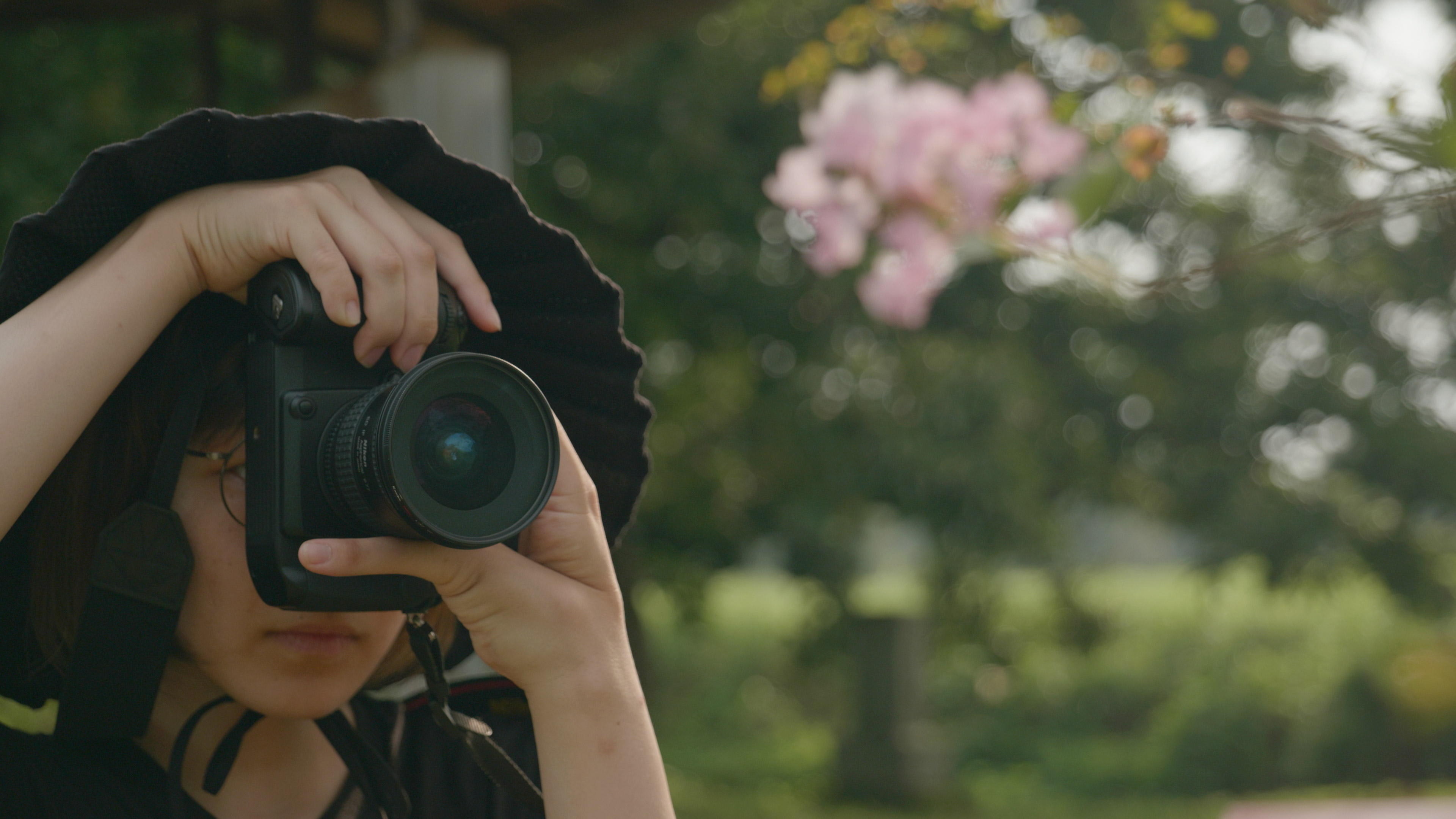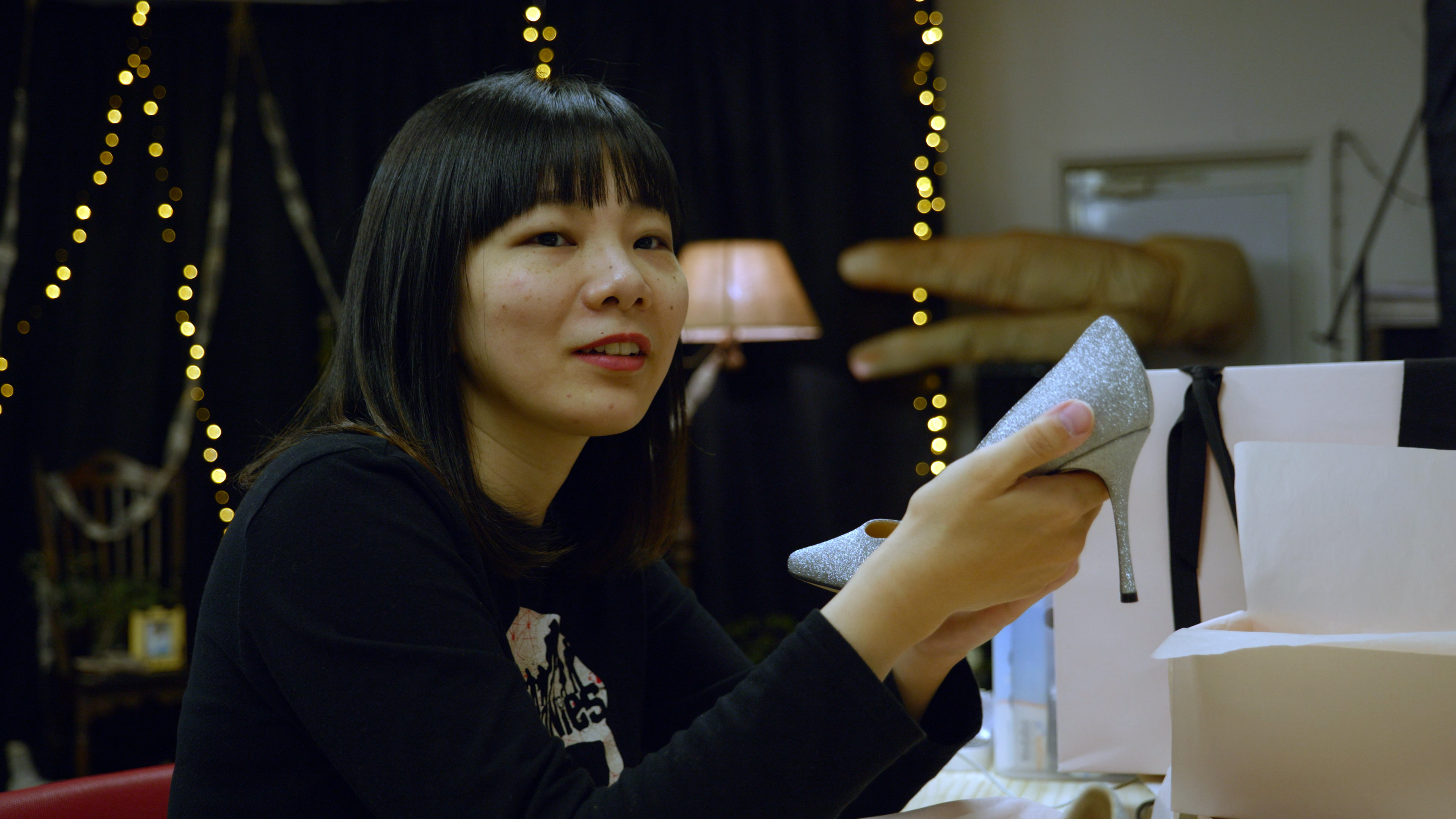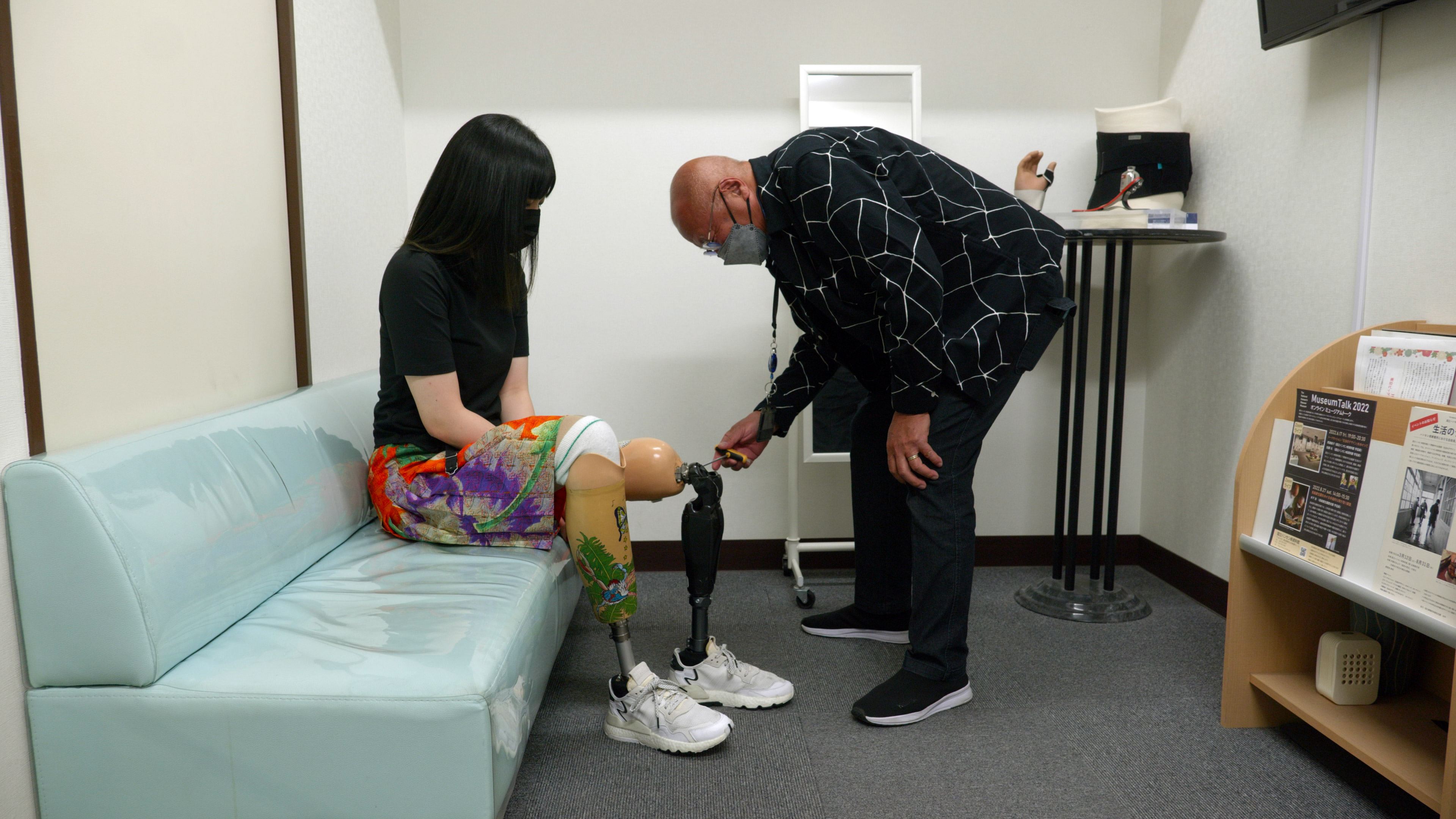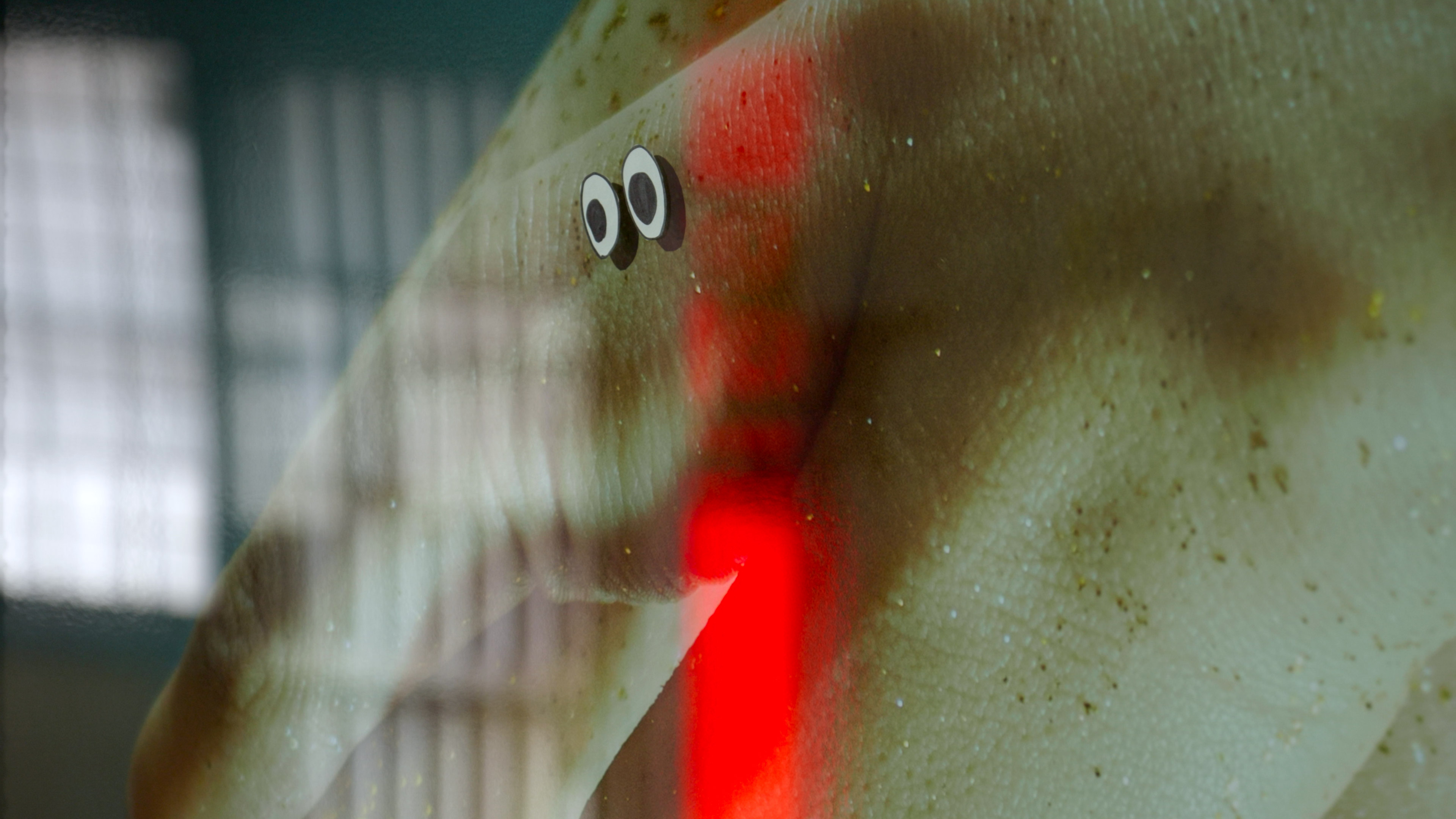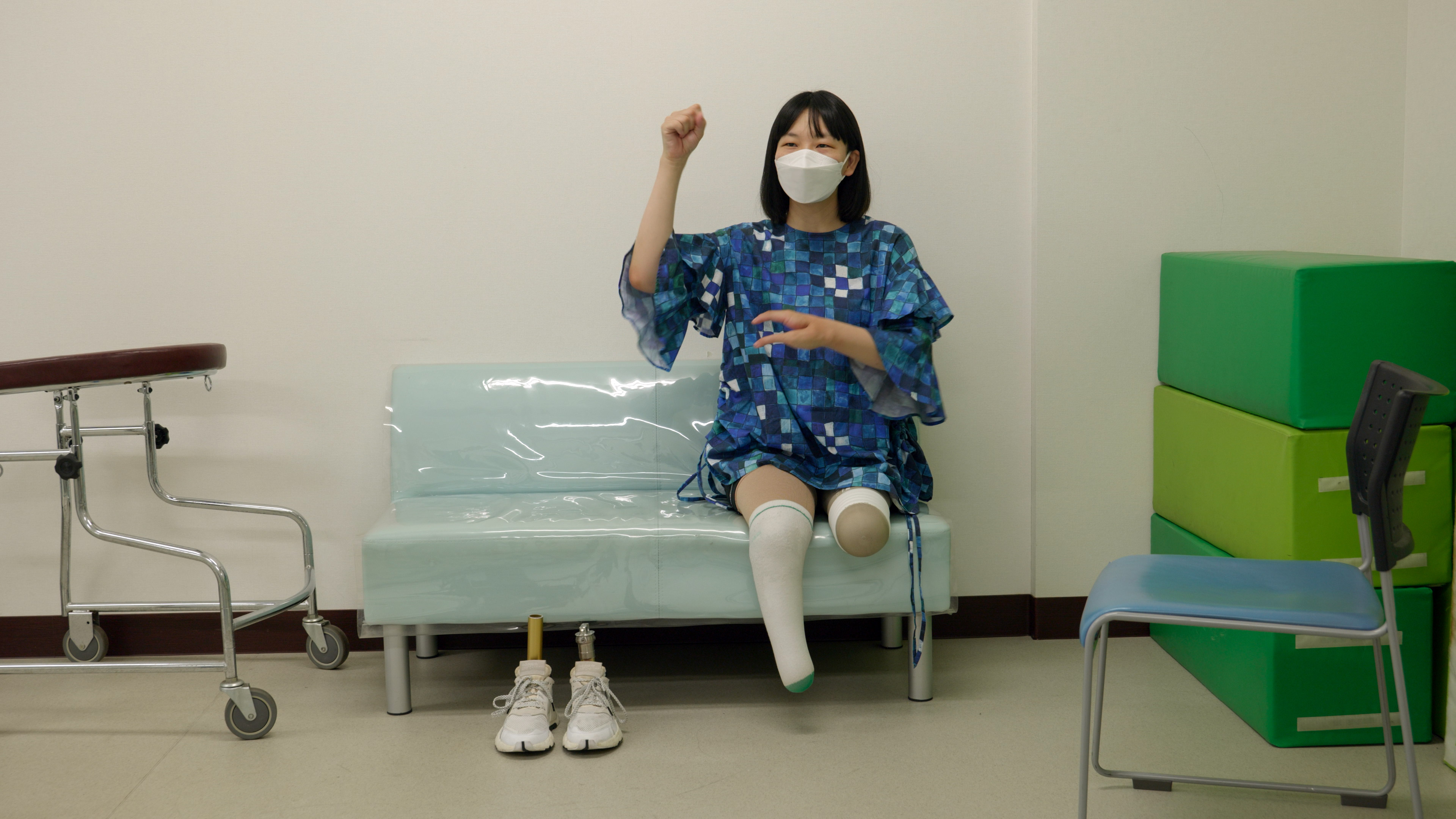Projects
These Legs Are Made For Walkin’
Herbert HUNGER
- Japan
- 90min
- DCP
- color
Synopsis
“Will I still walk when I am forty?” This film is an intimate portrait of a young artist who is fiercely independent, yet also humble and irresistibly charming. Her love-hate relationship with her body that isn’t “correct” fuels her drive to prove through her art that physical appearance shouldn’t matter. And yet, Mari Katayama cares about her appearance, she yearns for the perfect figure, and her strength to express herself and to live her life, as she has attracted the sympathy of many women and young people around the world. Her gallerist - somewhat cynically - points out how as a woman, as a disabled person, and as Asian, she “ticks all the right boxes” to establish herself as a significant artist and effect change. Basking in the success of her recent solo shows in Kyoto and Paris, she embarks on new projects, secretly dreaming of representing Japan at the Biennale in Venice. But the day is fast approaching when she might no longer be able to walk with her prostheses, lending urgency to everything she does.
Review
Getting to know Mari Katayama has been an eye-opening experience, the kind of which we only have a few times in life, if we are lucky. Despite being so obviously different, she encompasses so much of what we all go through, and she can speak to all of us. I want the viewer to experience and learn what I did in the time I spent with her. I have seen the admiration and deep thought that Mari Katayama’s work inspires, particularly in but not limited to young women. However, as she points out, her artworks are separate from the person, and it is the disarmingly charming and delightful Mari Katayama that people will fall in love with.
Director
-

Herbert HUNGER
Credit
- Producer시게노리 미즈노 Shigenori MIZUNO
